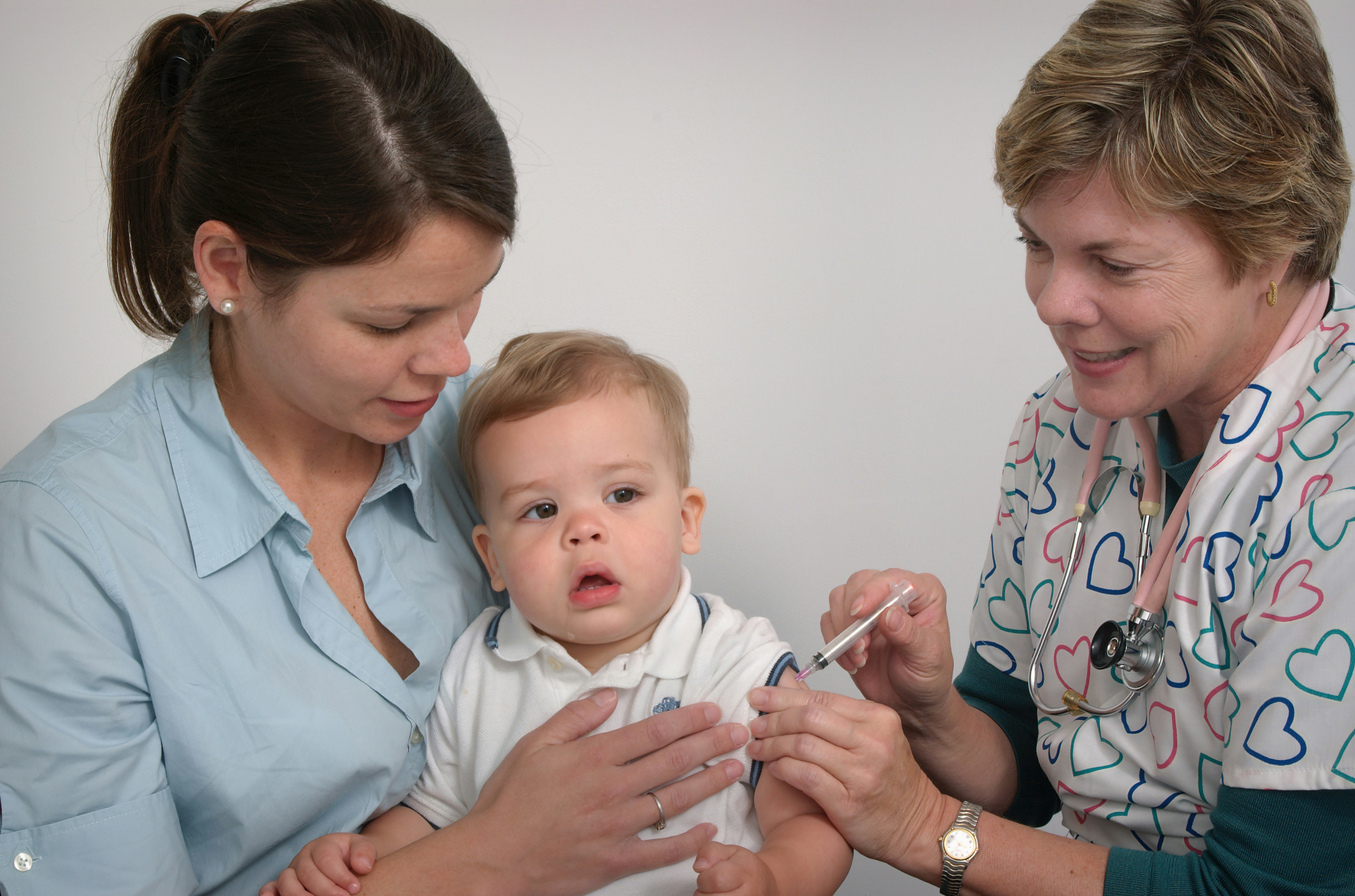Search
Research
Immunogenicity and safety of measles-mumps-rubella and varicella vaccines coadministeredA pooled analysis was conducted of 1,257 toddlers who received a fourth dose of Haemophilus influenzae type b- Neisseria meningitidis serogroups C and...
Research
CD46 measles virus receptor polymorphisms influence receptor protein expressionDespite the availability of measles vaccines, infants continue to die from measles. Measles vaccine responses vary between individuals, and poor...
Research
Toll-like receptor 7 and 8 polymorphisms: Associations with functional effects and cellular and antibody responses to measles virus and vaccineThe functionality and effects of TLR7 and TLR8 polymorphisms on cellular and antibody responses was investigated after the first measles vaccine dose.
Research
Trivalent influenza vaccine and febrile adverse events in australia, 2010: Clinical features and potential mechanismsIncreased numbers of children presenting with febrile adverse events following trivalent influenza vaccine (TIV) were noted in Australia in 2010.
Research
Response after one dose of monovalent influenza A (H1n1) 2009 vaccine in infants and children - preliminary reportTo assess the immunogenicity and safety of a 2009 influenza A(H1N1) vaccine in children.
Research
HPV prevalence in Canberra high school students: significance for vaccination strategies and adolescent healthHPV prevalence in Canberra high school students: significance for vaccination strategies and adolescent health.
Research
A comparison of booster immunisation with a combination DTPa-IPV vaccine or DTPa plus IPV in separate injections when co-administered with MMRThis study evaluated GSK's combined DTPa-IPV vaccine (Infanrix-IPV) given as a fifth consecutive acellular pertussis booster dose in conjunction...
Research
Immunogenicity and boosting following a reduced number of doses of a Pneumococcal Conjugate Vaccine in infants and toddlersThe minimum number of doses of pneumococcal conjugate vaccine required for protection is not known. We studied the immunogenicity of a reduced schedule in...


News & Events
The Kids researchers help quantify global impact of life-saving vaccinesResearchers at The Kids Research Institute Australia have helped map the global impact of life saving vaccines to mark the 50-year anniversary of the Expanded Programme on Immunisation (EPI).
